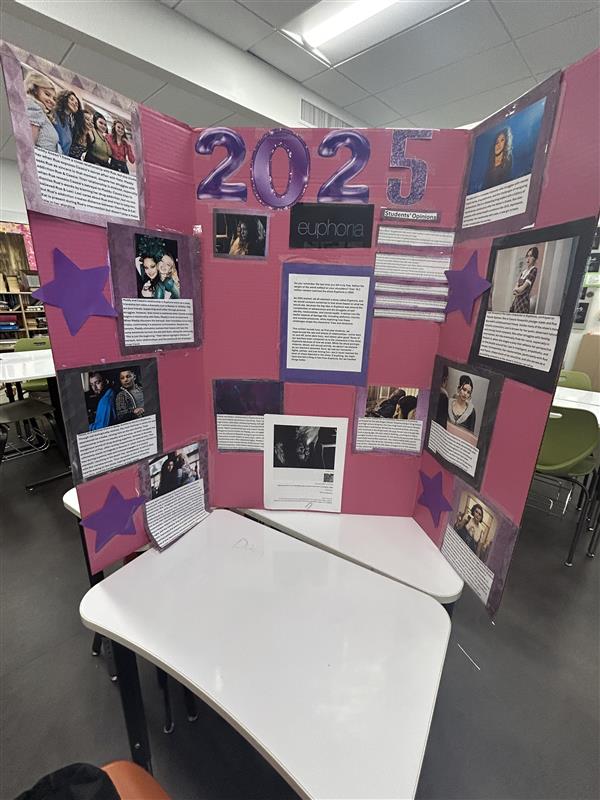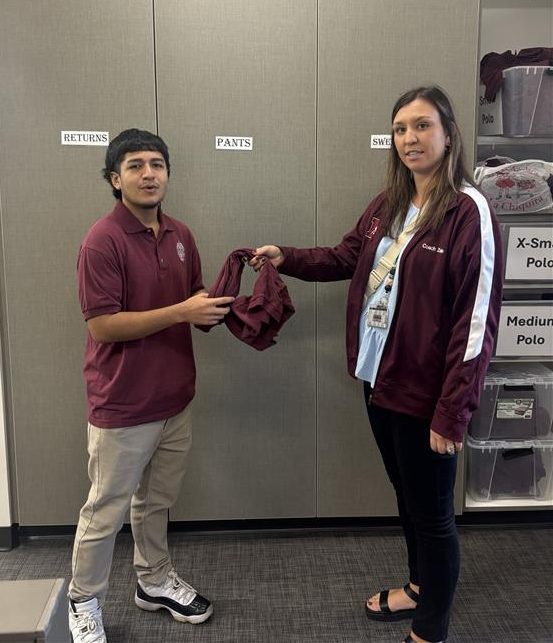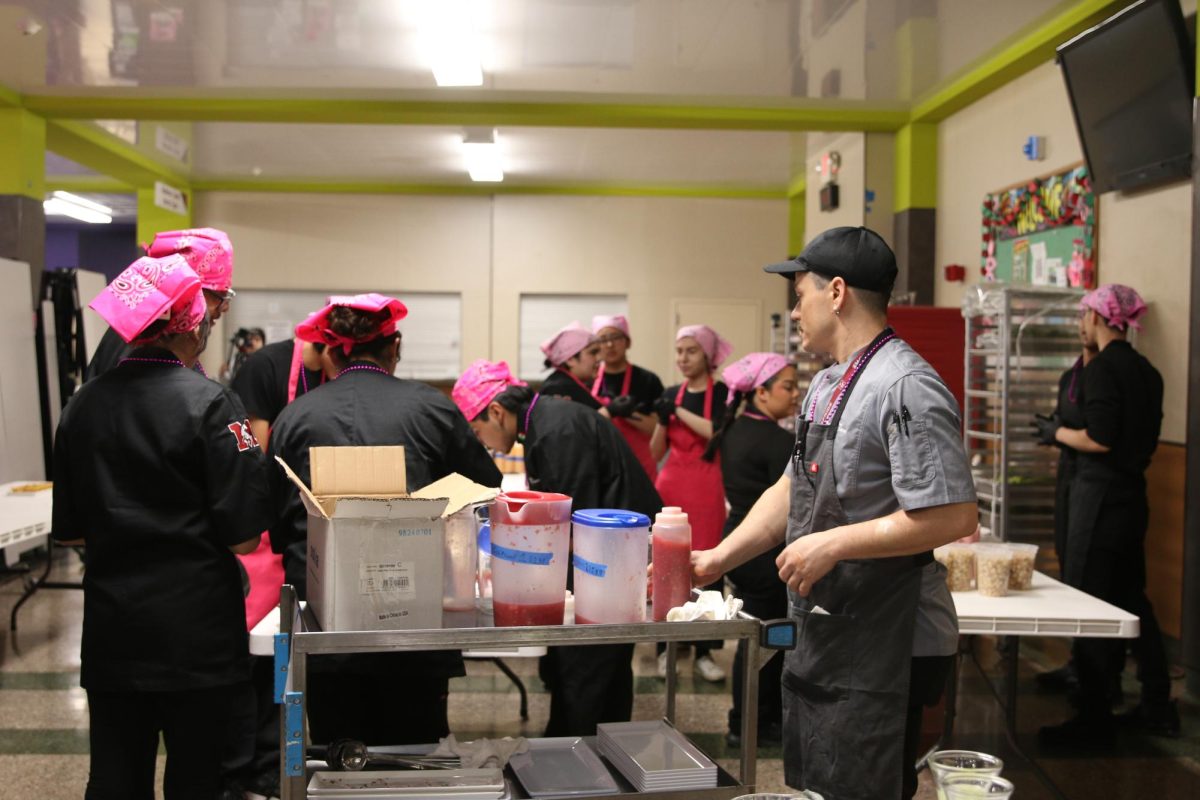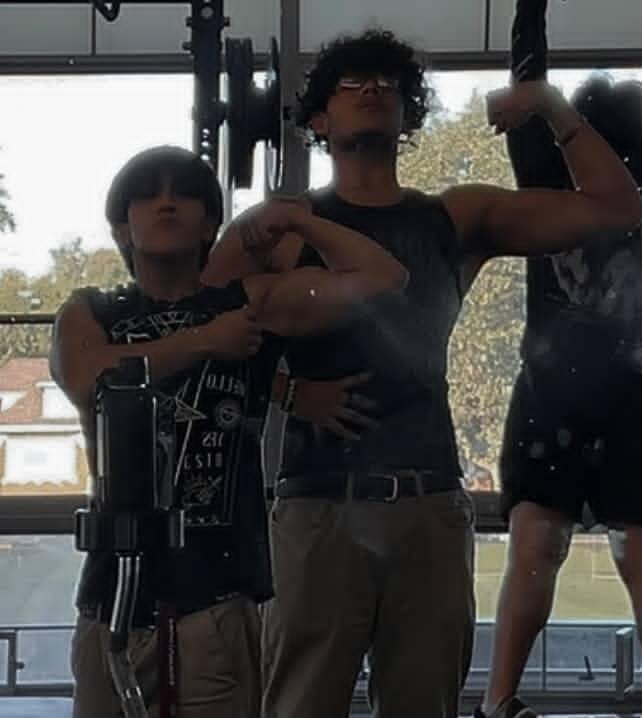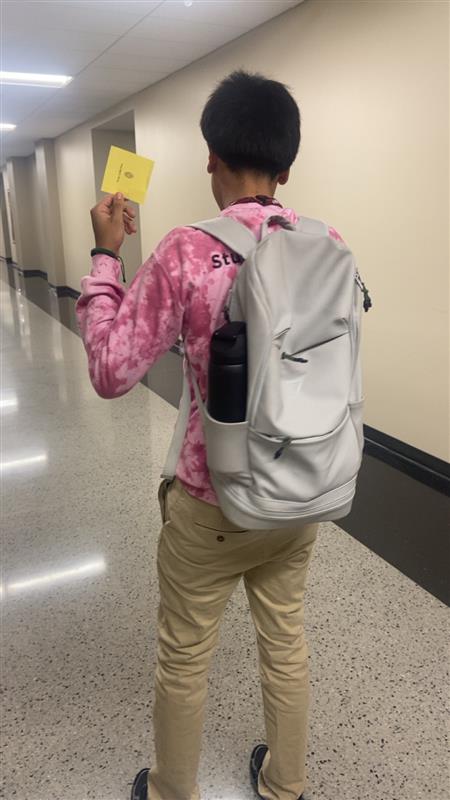One of our favorite shows during freshman year was Euphoria.
It was a popular American teen drama and received widespread critical acclaim for its portrayal of complex issues affecting teenagers and young adults. According to Chatgpt, Euphoria explores realistic themes such as addiction, mental health, identity, relationships, and trauma. The show offers commentary on contemporary social issues, such as social media’s impact, toxic relationships, and the struggles of modern adolescence.
“Euphoria brings a somewhat real perspective to the life of those who have involved themselves with drugs, what the withdrawals could look like, and how it can affect relationships with other people,” said Ashley Garcia.
The show’s portrayal of Rue’s struggles with addiction, in particular, provides a nuanced exploration of the challenges of recovery and the ways in which addiction can affect relationships with family and friends.
“Every high school experience is unique, and real-life experiences can v,ary greatly from what’s depicted on TV. While Euphoria explores complex themes and relationships, it’s crucial to maintain a critical perspective and not directly compare your life to the show’s portrayal,” said Arielle Gagle.
This shows how high school isn’t always the way everyone thinks it is. Sometimes it’s good times, and sometimes it’s bad. From experience, I’d say it’s only a lot of drama if you surround yourself with people who are problematic. Now, the friends and relationship part—that’s where there are some problems. That’s why you always gotta be careful who you tell things to and what you do with people. High school is not a fantasy dream.
“I watched Euphoria because of the way it shows what people go through in many different ways. It felt relatable when Rue was having a drug problem and how Jules would inject herself with drugs because she wanted a better body—because people would judge her for the way she looked and acted,” said Melanie Soto.


